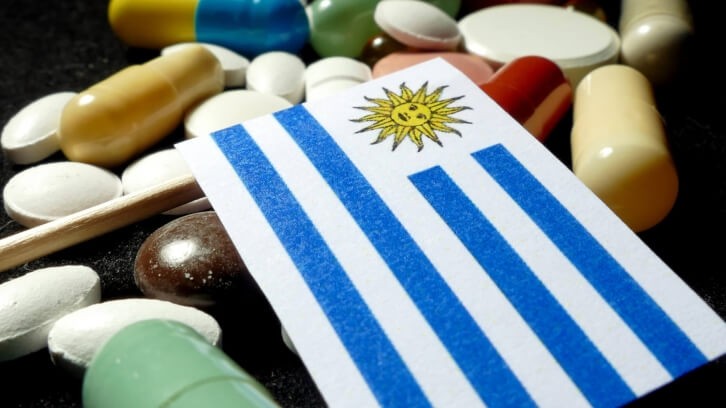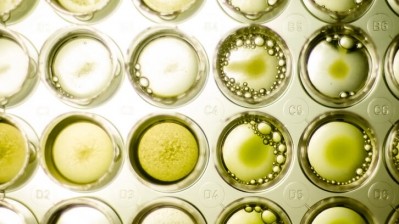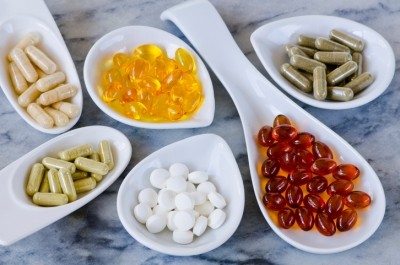Uruguay considers proposal to regulate dietary supplements

Published in January, the proposal seeks to define dietary supplements under food law and ensure transparency of product labeling that clearly identifies formulations with science-backed ingredients and benefits.
If passed, the regulation would be incorporated into the national food science law of 1994, which was amended in 2020 by Decree 315/994 to regulate hydro-electrolyte, energy and protein sports performance supplements as “foods for special purposes” but did not extend to the wider vitamin, mineral and supplement category.
Towards a definition of dietary supplements
Under the proposed law, dietary supplements are broadly defined as products that provide a source of nutrients, bioactive substances and probiotics, which alone or in combination provide a physiological or nutritional effect to supplement the normal diet in healthy people where basic dietary needs are not met.
Supplements in Uruguay, however, are proposed for adult use only, excepting pregnant or breastfeeding women. Health claims would be authorized on a case-by-case basis, using claims approved by the European Union, Health Canada and the Brazilian Health Surveillance Agency (ANVISA) as reference.
In addition, ingredients must meet identity, purity and composition specifications established by either the Food Chemical Codex (FCC), Codex Alimentarius, USP Dietary Supplement Compendium (DSC), European Union, Health Canada or ANVISA.
“Following up on this, it is worth highlighting that the draft decree provides a positive list of nutrients, bioactive substances and probiotics which seems to emulate the style of the positive lists of ingredients of the Brazilian food supplement regulation,” David Piñeda, managing director of DPE International Consulting, told NutraIngredients-USA.
For ingredients not on the annexed list or not specified by select internationally recognized standards, documented evidence of its use as food ingredient, conditions of use and approved safety studies may be presented.
The document also includes clauses on additives, fragrances and flavoring, excipients, heavy metals, pesticide residues, microbiological requirements, proof of disintegration and dissolution, minimum and maximum dosages, specific labelling requirements, and rigorous registration procedures through the Ministry of Health.
Supplements in the Uruguayan market
Consumption of dietary supplements saw a slight decline in the Uruguayan market in value terms in 2023, according to Euromonitor International market research insights.
Carmen Silva, senior consultant with the firm, explained that health product consumption was affected by the uptick in tourism to neighboring Argentina, where pricing of items like dietary supplements is more attractive.
Despite this and the rise in the smuggling of dietary supplements in cities bordering Argentina, she said that categories that include combination supplements (collagen), minerals supplements (magnesium) and probiotic performed well.
Euromonitor estimates that a total 136,000 vitamins and dietary supplement (VDS) units sold in Uruguay in 2023, representing $14 million in dollar sales led by Bayer Uruguay, Herbalife Uruguay, Abbot Laboratorios de Uruguay and Omnilife.
“As the health and wellness trend continues to hold sway, consumers will increasingly move away from the overuse of over-the-counter medication benefiting the consumption of VDS as a preventive medicine,” Silva added, projecting that sales in the country will grow at CAGR of 6% between 2024 and 2028.







